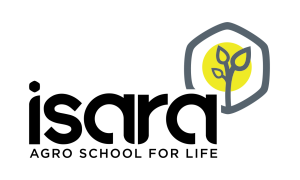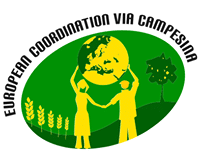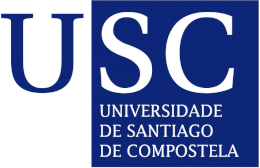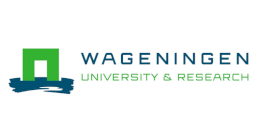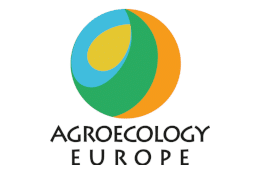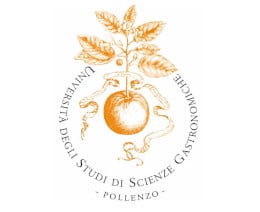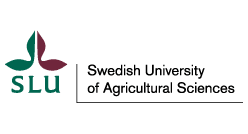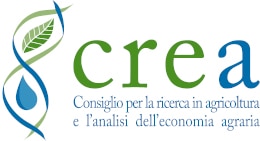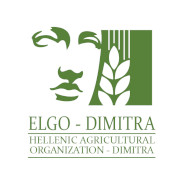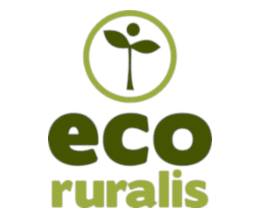Agroecology in Europe
A certain development of agroecology and its different facets in Europe can be stated (Nicot et al., 2018; Wezel et al., 2018). Nevertheless, it currently remains too limited so as to allow a successful transition to sustainable agriculture and food systems, characterized by increased biodiversity, resource-conserving and climate resilient production and food systems. Therefore, a strong development with ambitious and longer-term joint actions at European level is needed in research, innovation, networks, training and education as well as in the funding domain. In order to participate to this dynamic and debate, different authors and projects have tried to provide an overview of agroecology in different European countries and gives first insights into its diversity, different understanding and development (Agroecology Europe, 2020; Balogh et al., 2020; Migliorini et al., 2018; Moraine et al., 2016; Moudrý et al., 2018; Nicot et al., 2018; Seremesic et al., 2021). These studies do not always cover all the different dimensions of agroecology and need to be complemented to provide large knowledge and support with this a stronger development at the European level.
Mapping agroecology to document the diversity and foster its development
With an innovative and multiscale methodology, inspired by previous mapping (Agroecology Europe, 2020), the AE4EU project aims at providing an overview of agroecology development in different European countries (see the figure below), analyse the situation of agroecology at national level and illustrate different agroecology-related initiatives . As a source of inspiration, these initiatives may also provide a valuable insight of the type and development that agroecology could take in different context.
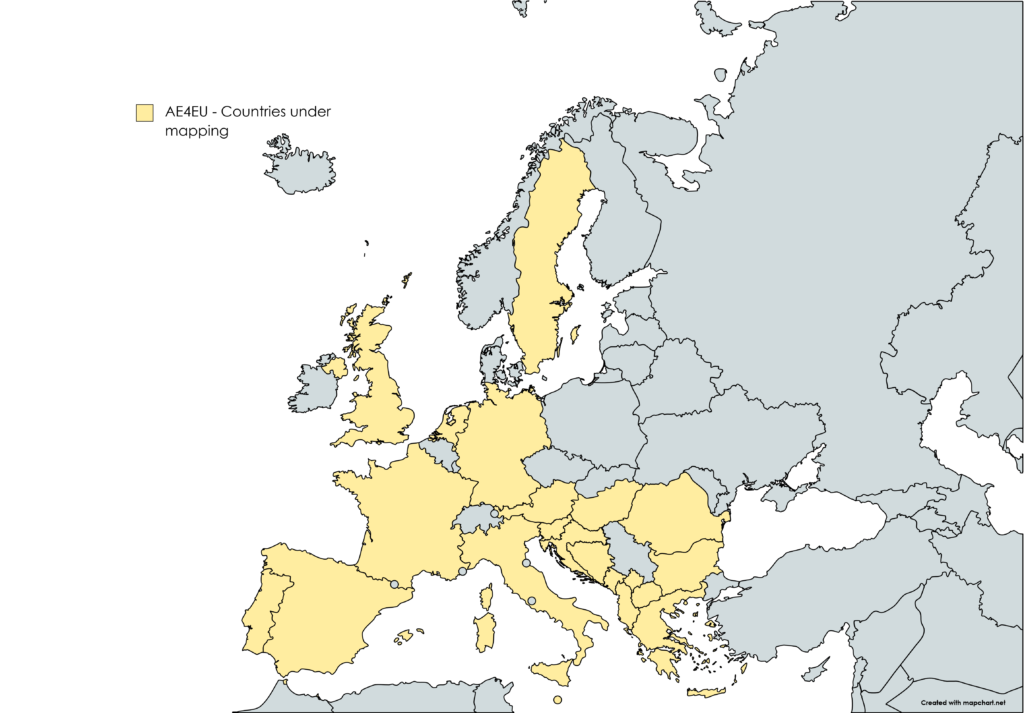
Agroecology is seen and analyzed in our work through its three identified pillars: as a practice, a movement and a science (Wezel et al., 2009). In link with European dynamics on the topic (among which the potential future partnership on agroecology living lab and research infrastructure[1]), we have chosen to add two sub-pillars to our analysis: education and training and living labs. This is expected to allow the provision of a more comprehensive overview of the current situation. Thanks to more than 25 “mappers” located in several countries, the overall development of agroecology at national level was assessed, trying to summarize the status per pillar. This work largely relied on desktop research backed up by interviews of stakeholders, such as experts and leaders of agroecological initiatives.
The first results already allow us to describe the understanding and use of the concept of agroecology in different contexts and analyse how it is understood and used by different stakeholders. This work does not address all the dimensions of agroecology but permit to picture the national dynamics, as well as identify some key features and inspiration regarding their development. Based on the above, a report will be published in 2022 with in parallel communication on different initiatives.
A series of webinars will also be organized to present and discuss the mapping results from different countries. Namely, an initial webinar is planned in March, so as to present the results at national level from Austria and Germany. If you want to be part to this meeting, you can contact us and register in advance at ae4eu@isara.fr – more information will soon be communicated.
References
Agroecology Europe, 2020. Agroecology initiatives in european countries. Agroecology Europe, Corbais, Belgium 232 pages.
Balogh, L., Katalin, R., Balazs, B., 2020. Mapping agroecology in Hungary. https://www.agroecology-europe.org/wp-content/uploads/2021/02/AE-Mapping-HUN02.09.pdf
Migliorini, P., Gkisakis, V., Gonzalvez, V., Raigón, M.D., Bàrberi, P., 2018. Agroecology in mediterranean Europe: Genesis, state and perspectives. Sustain. 10, 1–23. https://doi.org/10.3390/su10082724
Moraine, M., Lumbroso, S., Poux, X., 2016. A comprehensive outlook on the diversity of agroecological initiatives in Europe. IDDRI, Paris, France. https://www.iddri.org/fr/publications-et-evenements/rapport/comprehensive-outlook-diversity-agroecological-initiatives.
Moudrý, J., Bernas, J., Moudrýsr, J., Konvalina, P., Ujj, A., Manolov, I., Stoeva, A., Rembialkowska, E., Stalenga, J., Toncea, I., Fitiu, A., Bucur, D., Lacko-Bartošová, M., Macák, M., 2018. Agroecology development in Eastern Europe-Cases in Czech Republic, Bulgaria, Hungary, Poland, Romania, and Slovakia. Sustainability. 10, 1–23. https://doi.org/10.3390/su10051311
Nicot, R., Bellon, S., Loconto, A., Ollivier, G., 2018. The European networks of research, education and training stakeholders in agroecology. Open Agriculture. 3, 537–552. https://doi.org/10.1515/opag-2018-0058
Seremesic, S., Jovović, Z., Jug, D., Djikic, M., Dolijanović, Ž., Bavec, F., Jordanovska, S., Bavec, M., Đurđević, B., Jug, I., 2021. Agroecology in the West Balkans: pathway of development and future perspectives. Agroecol. Sustain. Food Systems. 1–33. https://doi.org/10.1080/21683565.2021.1913464
Wezel, A., Bellon, S., Doré, T., Francis, C., Vallod, D., David, C., 2009. Agroecology as a science, a movement and a practice. Agronomy for Sustainable Development. 2, 27–43. https://doi.org/10.1007/978-94-007-0394-0_3
Wezel, A., Goette, J., Lagneaux, E., Passuello, G., Reisman, E., Rodier, C., Turpin, G., 2018. Agroecology in Europe: Research, education, collective action networks, and alternative food systems. Sustainability. 10, 1214. https://doi.org/10.3390/su10041214
[1] https://ec.europa.eu/info/research-and-innovation/research-area/agriculture-forestry-and-rural-areas/partnership-agroecology_en

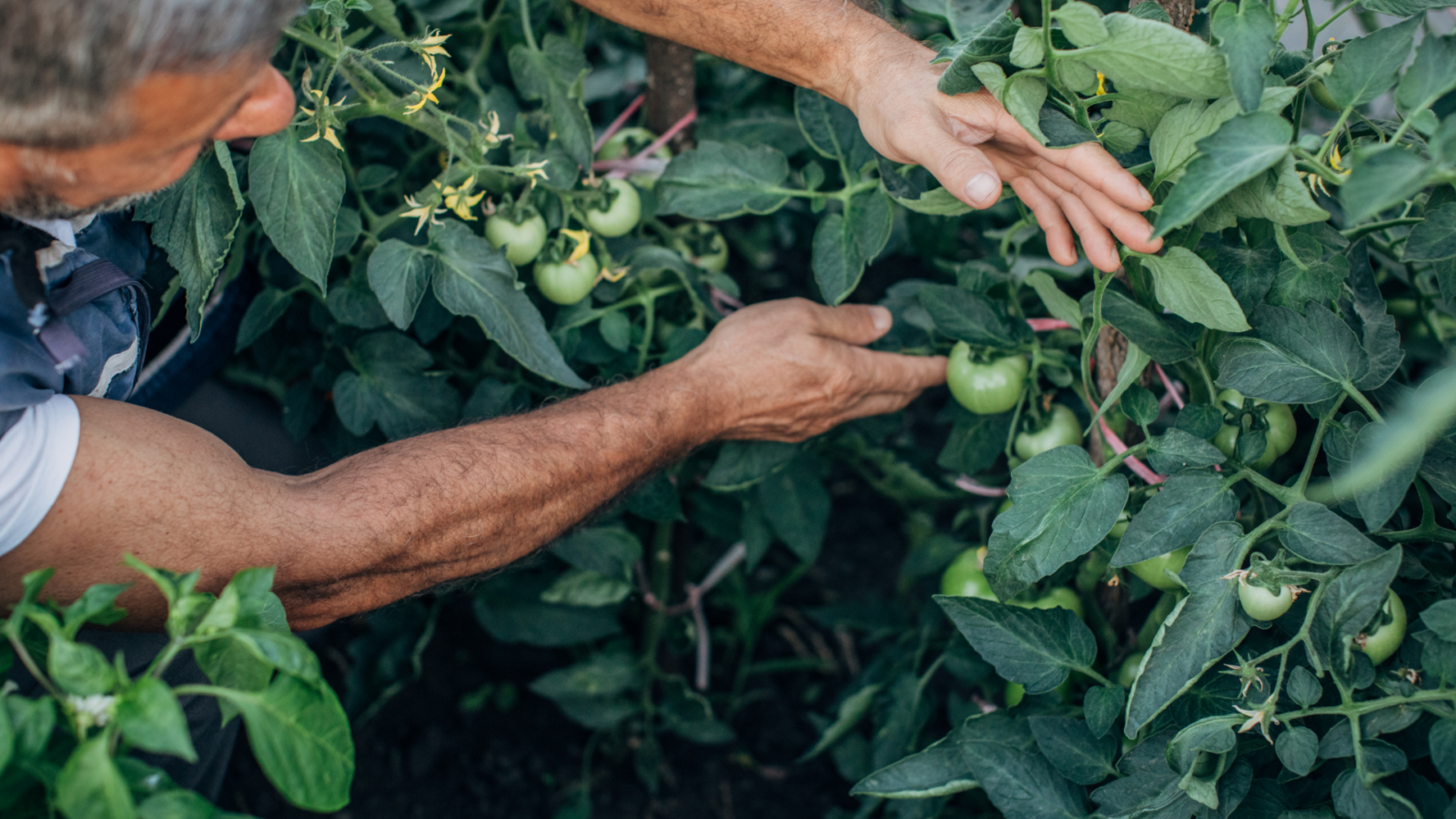
 2# AE4EU Newsletter – January 2022
2# AE4EU Newsletter – January 2022
